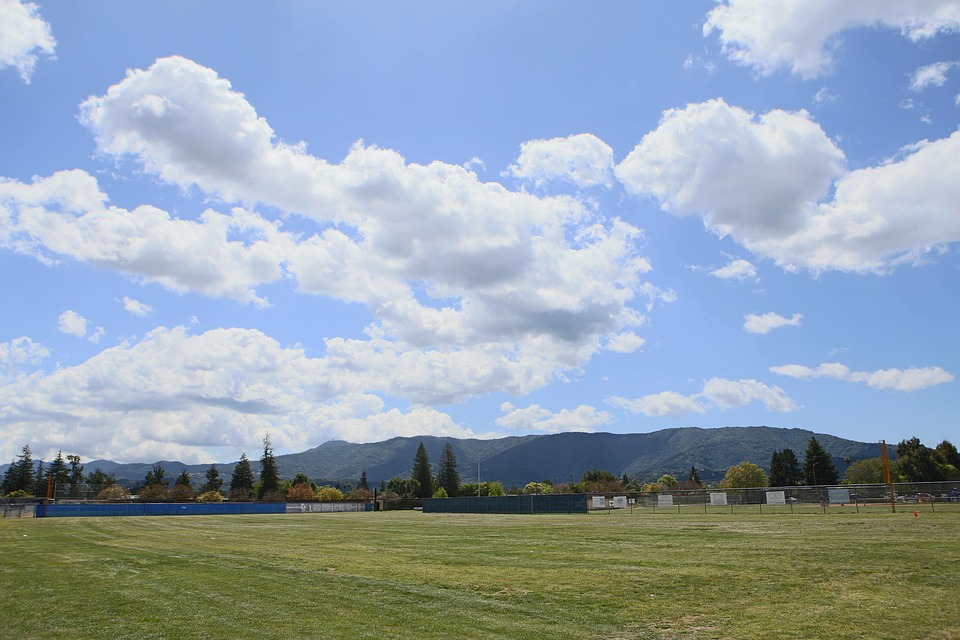Silicon Valley, located in the southern part of the San Francisco Bay Area in California, has emerged as the world’s foremost technology and innovation hub. Renowned for its entrepreneurial spirit and groundbreaking advancements, Silicon Valley has transformed not only the tech industry but also the global economy, culture, and everyday lives. This article delves into the key factors that have fueled its rise, the innovations that have emerged, and the future challenges it may face in its continuous quest for transformation.
The Birthplace of Innovation
Silicon Valley’s transformation into a tech powerhouse began in the mid-20th century with the establishment of key research institutions, like Stanford University, which fostered an environment conducive to innovation. The concentrated presence of high-tech companies, venture capital firms, and research institutions created a unique ecosystem that encourages collaboration and risk-taking.
The name "Silicon Valley" itself stems from the silicon used in semiconductor manufacturing, a technology that laid the groundwork for the first wave of computing advancements. Companies like Hewlett-Packard and Intel emerged in the 1940s and 1960s, respectively, setting the stage for the microprocessor revolution.
The Era of Disruption
Fast forward to the late 20th and early 21st centuries, and Silicon Valley became synonymous with the internet boom, leading to revolutionary services like Google, Facebook, and Twitter. These companies changed how we communicate, access information, and conduct business, creating a ripple effect across different sectors. The rise of mobile technology with Apple’s iPhone in 2007 further solidified Silicon Valley’s reputation as a cutting-edge region.
Investment in tech startups through venture capital funding has been crucial in this era of disruption. Venture capitalists are often willing to take risks on innovative ideas, leading to the birth of numerous unicorns—startups valued at over $1 billion. This readiness to gamble on the future has fueled an environment rich in creativity and innovation.
The Impact on Society
The influence of Silicon Valley extends far beyond technology; it has transformed the way society operates. From smart homes powered by IoT devices to artificial intelligence that revolutionizes industries like healthcare and finance, the advancements originating in Silicon Valley are omnipresent.
Moreover, the social landscape has been altered by platforms like Instagram and TikTok, which have changed the nature of interpersonal communication and content consumption. The tech hub has also been a focal point for discussions about ethics and privacy issues, as companies navigate the complexities of user data and digital surveillance.
Challenges Ahead
Despite its successes, Silicon Valley faces numerous challenges that could impact its future trajectory. The rising cost of living has made it increasingly difficult for both individuals and companies to thrive in the region. Many skilled workers are moving to more affordable cities, prompting discussions on whether Silicon Valley will maintain its status as the preeminent tech hub.
Additionally, the pressure for diversity and inclusion is mounting, as many tech firms grapple with the reality of an industry that has historically been homogeneous. Efforts to create a more inclusive environment are ongoing, but tangible results are still needed to repair the disparity in representation.
Furthermore, the ethical implications of emergent technologies—such as AI, machine learning, and biotechnology—pose critical questions that need to be addressed. Balancing innovation with responsible implementation will be essential for sustaining Silicon Valley’s legacy.
The Road Ahead
Looking to the future, Silicon Valley is poised to continue its transformative journey. Innovations in renewable energy, biotechnology, and quantum computing are drawing attention as the next frontiers of development. Collaborative efforts between tech companies and governmental bodies may yield solutions to some of society’s most pressing challenges, such as climate change and healthcare accessibility.
As Silicon Valley stands at the intersection of technology and social responsibility, its actions will shape not only the landscape of tomorrow but also the ethical frameworks within which these technologies operate.
Conclusion
Silicon Valley has undeniably played a pivotal role in shaping the modern world, transforming the way we live, work, and interact. However, as it faces challenges and opportunities alike, the future success of this tech hub will depend on its ability to foster innovation while addressing the ethical and societal implications of its advancements. The journey ahead will require adaptive thinking, resilience, and a commitment to inclusivity—qualities that have defined Silicon Valley from its inception and will continue to drive it into an uncertain yet promising future.



